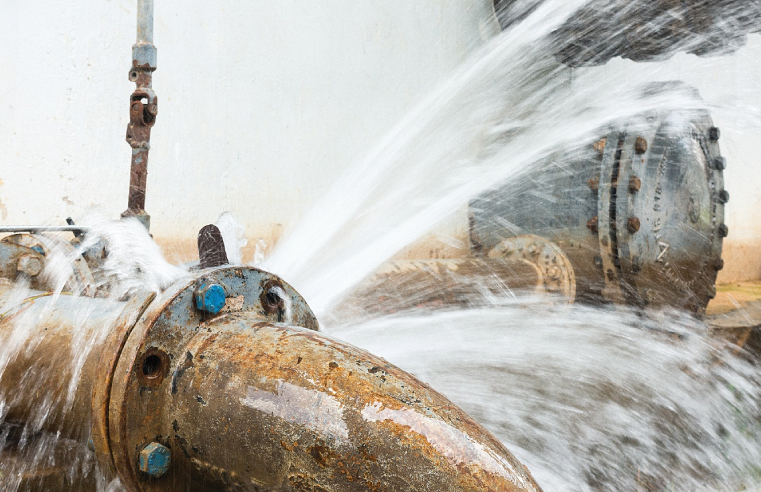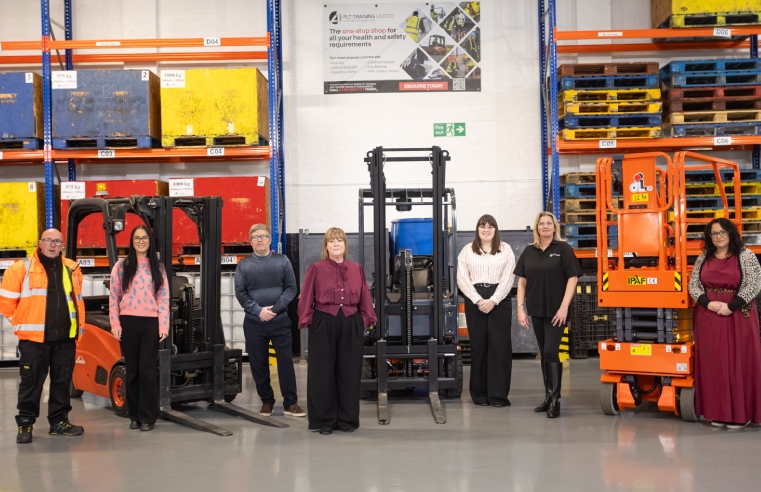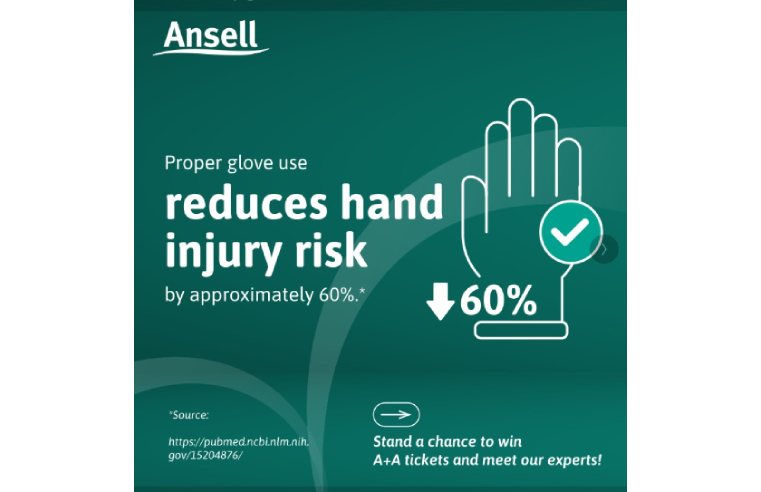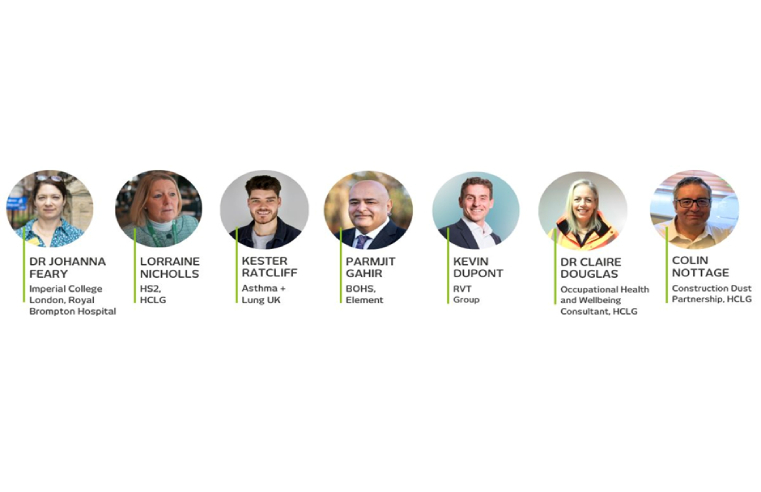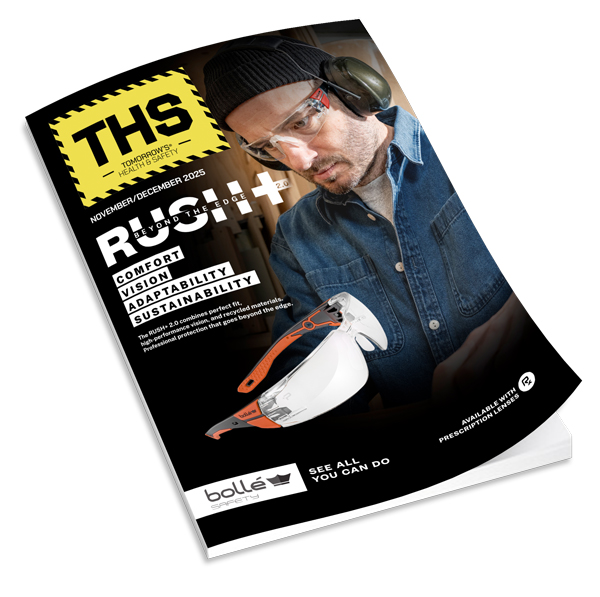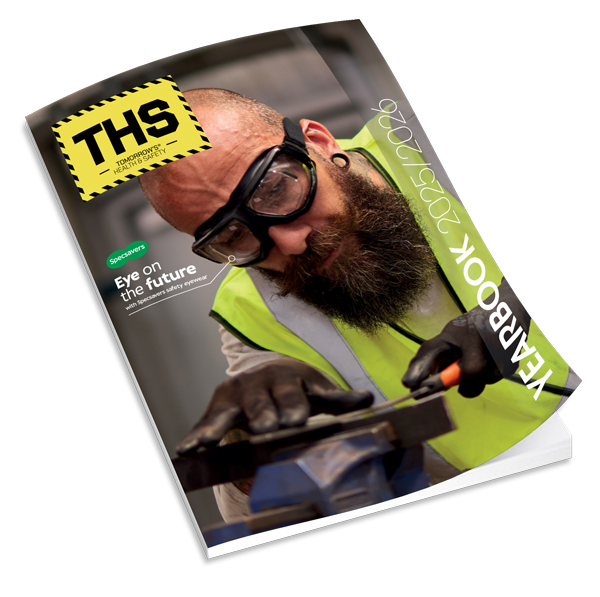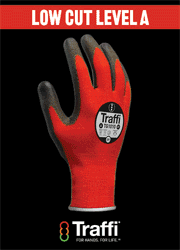Over the past 12 months, almost 12,000 Brits have panic searched on Google after hitting an underground pipe or cable, not knowing what to do next, and putting themselves at significant risk, according to new research by safe digging experts.
By analysing Google search data, LSBUD discovered that 990 Brits per month are performing ‘emergency search’ terms online. This suggests that they may have they hit an underground pipe or cable, and in a state of panic are turning to online searches because they don’t know the correct procedures to follow.
Search terms include:
• “I’ve hit a pipe, who pays?’
• “hit a gas pipe in my garden”
• “what to do if you hit a gas pipe”
• “hit power line while digging”
This worrying news coincides with LSBUD’s own research that revealed over a quarter of UK residents do not check for underground cables or pipes before they dig. As a result, one in five Brits were found to have hit an underground pipe or cable whilst digging or knew someone who had.
When questioned why they weren’t performing searches, 38% felt confident that pipes and cables were buried deeper than they were digging.
With over half of the same respondents stating they would be completing digging work in the next year and in recognition of National Safe Digging Week, which started on Monday 8 July, LSBUD is calling for greater awareness around the dangers that digging blind presents to the UK.
Laura Knight, Head of Marketing at LSBUD, said: “We have nearly 4m individual searches being place through our portal each year. Despite this and the increasing awareness around safe digging that we’ve seen in the last decade, it is clear that there’s still a staggering number of people at home ‘digging blind’, and to make matters worse, they don’t know what to do if they actually hit an underground pipe or cable.
“The research tells a concerning story, with over 12,000 Brits in the last year turning to Google in their time of need. There needs to be much more education, both to consumers and digging industries, on what to do after you strike an underground asset, because no matter how careful people are, utility strike incidents do still happen.
“In recognition of National Safe Digging Week, it’s also so important that we raise awareness around searching before you dig. We call on everyone within the safe digging industry to help us, and to use their expertise and voice to share safe digging best practice. Remember, safe digging is for all. ”






